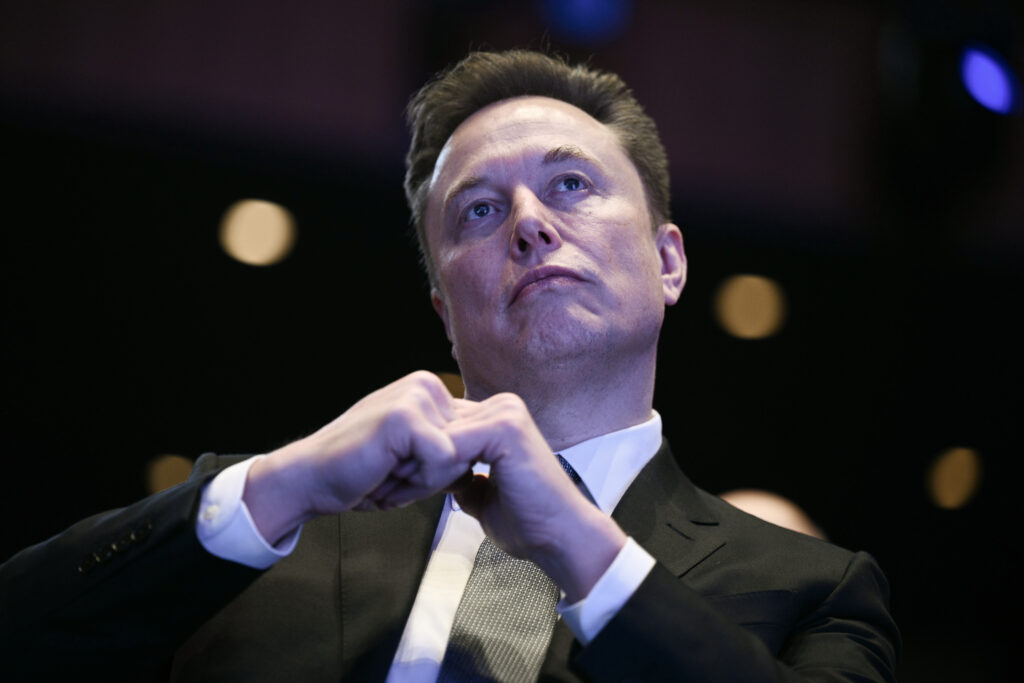Tokyo-bound United flight returns to Dulles airport after engine fails
A United Airlines Boeing 777 bound for Tokyo had to turn back to Washington’s Dulles International Airport on Saturday after an engine failed and a brush fire ignited near the runway, officials said. No injuries were reported among the 275 passengers and 15 crew members aboard the wide-bodied jet, which had to make an emergency landing after losing power in one of its twin engines and having to dump fuel.”Shortly after takeoff, United Flight 803 returned to Washington Dulles and landed safely to address a power loss issue with one of its engines,” the airline said.United was arranging to put the passengers on a different flight to Haneda scheduled for later Saturday.The engine failed as the 777-200ER departed for Tokyo’s Haneda Airport at around 12:20 pm (1720 GMT) Saturday, sources told AFP. “United flight 803 ignited some brush around the runway as it was departing Dulles Airport. The fire was extinguished and the flight returned to Dulles, landing safely at about 1:30 pm, when it was checked by airport fire responders,” an airport spokesperson said.According to the official, the affected runway had to be closed for a short time, “but Dulles has multiple runways and other flight operations were not impacted.”The US Federal Aviation Administration (FAA) said the aircraft had to turn back to Dulles after experiencing an engine failure during departure, and that the agency would investigate. In a message to AFP, the National Transportation Safety Board said it was gathering information about the incident.Aircraft manufacturer Boeing referred questions to United Airlines. According to reports cited by the specialist site AirLive, one of the aircraft’s engines caught fire at the time of takeoff, sparking the flames along the edge of the runway.”Following the incident, the aircraft was observed maneuvering over the Fredericksburg (Virginia) area to dump fuel, a critical safety procedure used to reduce the plane’s weight to a safe level before attempting an emergency landing,” the website said.According to registration information provided by the site, the 777 in Saturday’s incident was delivered in November 1998 to Continental Airlines, which was later absorbed in a corporate takeover by United Airlines. The plane is equipped with two General Electric engines — now known as GE Aerospace.








